‘Adult-time laws impact Indigenous kids more’, says Queensland Bar Association
There is ‘no evidence’ David Crisafulli’s youth justice reforms will reduce crime, Queensland Bar Association says.
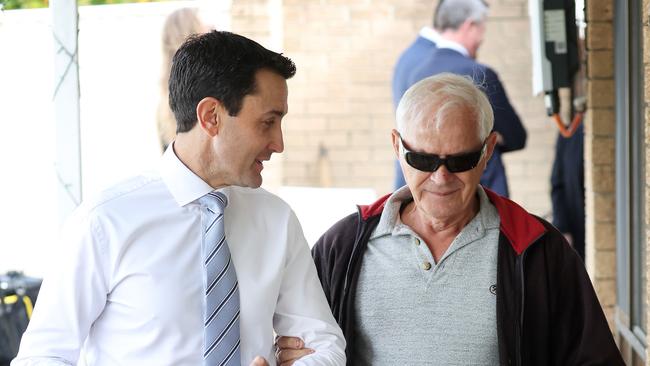
David Crisafulli’s government will override the state’s human rights laws by imposing “adult crime, adult time” for serious offences under new legislation it has acknowledged would have a “greater impact” on Indigenous children.
Youth justice reforms, at the centre of Mr Crisafulli’s law and order election platform, are expected to pass state parliament next week and mandate that youths who commit serious crimes – such as murder, manslaughter and home invasions – are sentenced as adults.
Giving evidence to a parliamentary inquiry probing the reforms, Bar Association president Cate Heyworth-Smith said the “profound” law changes would make Queensland an “outlier” to other states and strip judges of their discretion when sentencing.
“There’s no evidence that the measures proposed in this bill will reduce crime rates in our community or make it safer,” she said.
Ms Heyworth-Smith said laws could unfairly punish youths involved in a violent crimes who were not the main perpetrators, including a “lookout to a robbery that results in a death or a passenger in a stolen car that is involved in a fatal accident”.
“To be clear, this means that children as young as 10 years old will be liable to life imprisonment with a mandatory minimum sentence of 20 years, regardless of the extent of their involvement or culpability,” she told the inquiry.
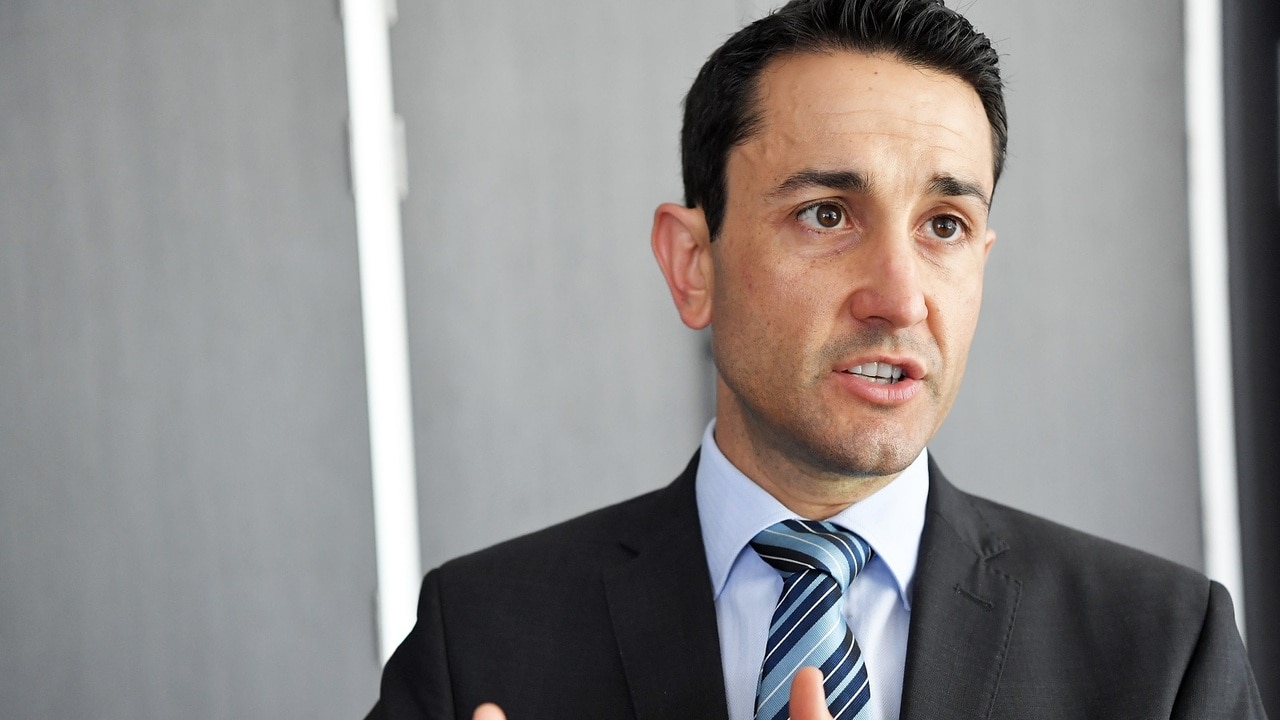
The controversial law changes were promised by Mr Crisafulli ahead of the state election to respond to growing community outrage over crimes perpetrated by young offenders.
Draft laws have been championed by high-profile crime victims, including the family of grandmother Vyleen White, who was allegedly murdered by a teenager, with Queensland Police Union president Shane Prior describing them as “a leap forward in the right direction”.
“The QPU commends the government on having the courage of its convictions to elevate the human rights of the victims of crime above those who cause the most harm in our community,” Mr Prior wrote in a submission to the parliamentary inquiry.
“For too long under Queensland’s human rights legislation the rights of victims have yielded to the rights of offenders.”
In a statement to parliament, Attorney-General Deb Frecklington acknowledged the changes were “incompatible” with legislated human rights protections and were “expected to have a greater impact on Aboriginal and Torres Strait Islander children, who are already disproportionately represented in the criminal justice system”.
“However … I am of the view that the amendments do not directly or indirectly discriminate based on race,” her statement read. “The increased sentences will be applied equally to all children … convicted of an offence.”
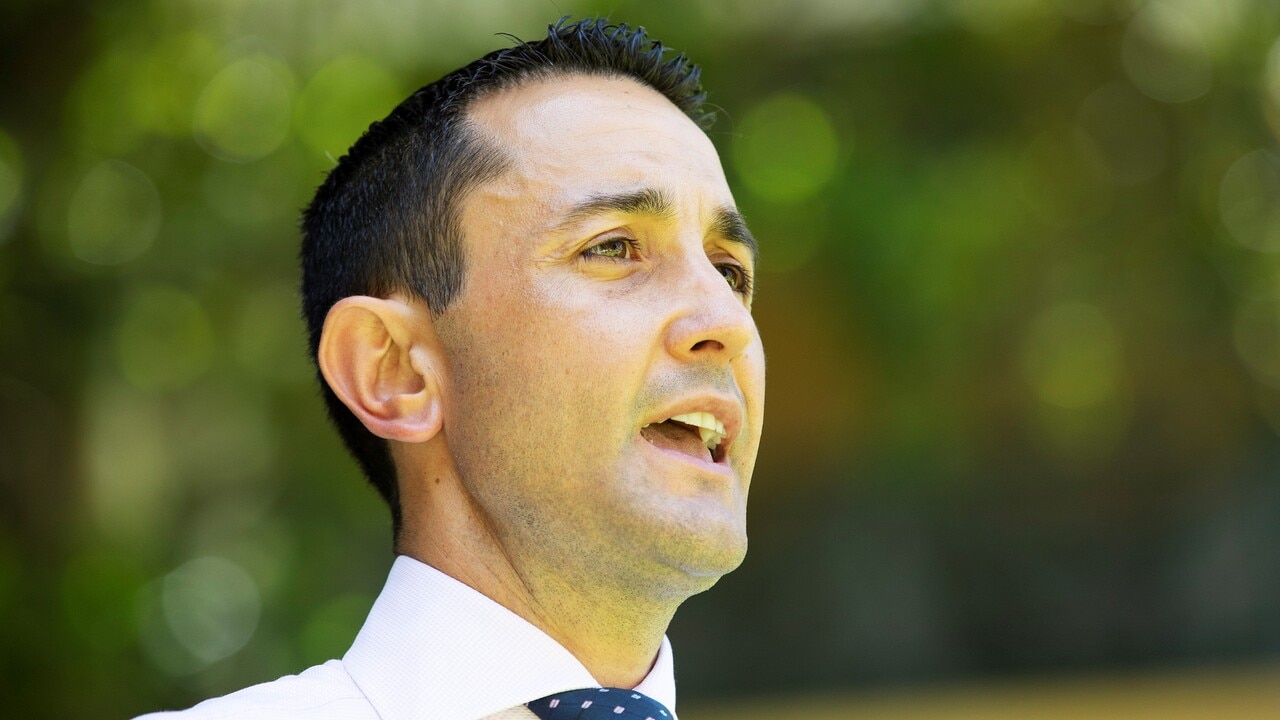
The “adult crime, adult time” laws will mark the third time since 2023 that children’s human rights have been overridden after the former Labor government reintroduced breach-of-bail penalties for young offenders and passed laws allowing youths to be detained in adult prisons and police watch houses.
Queensland Human Rights Commissioner Scott McDougall urged the government to dump the proposed laws and focus on early intervention programs.
“I urge you not to decide that the human rights of some Queenslanders are dispensable when it is convenient and instead use the Human Rights Act as a guide for the way forward,” he told the parliamentary inquiry.
“If you do not do that, I urge you to at least recommend a mechanism by which parliament can review the operation of these laws within a year so we can take a step back and look at whether they have achieved what they are meant to achieve – recent history and all of the evidence suggests that they will not.”




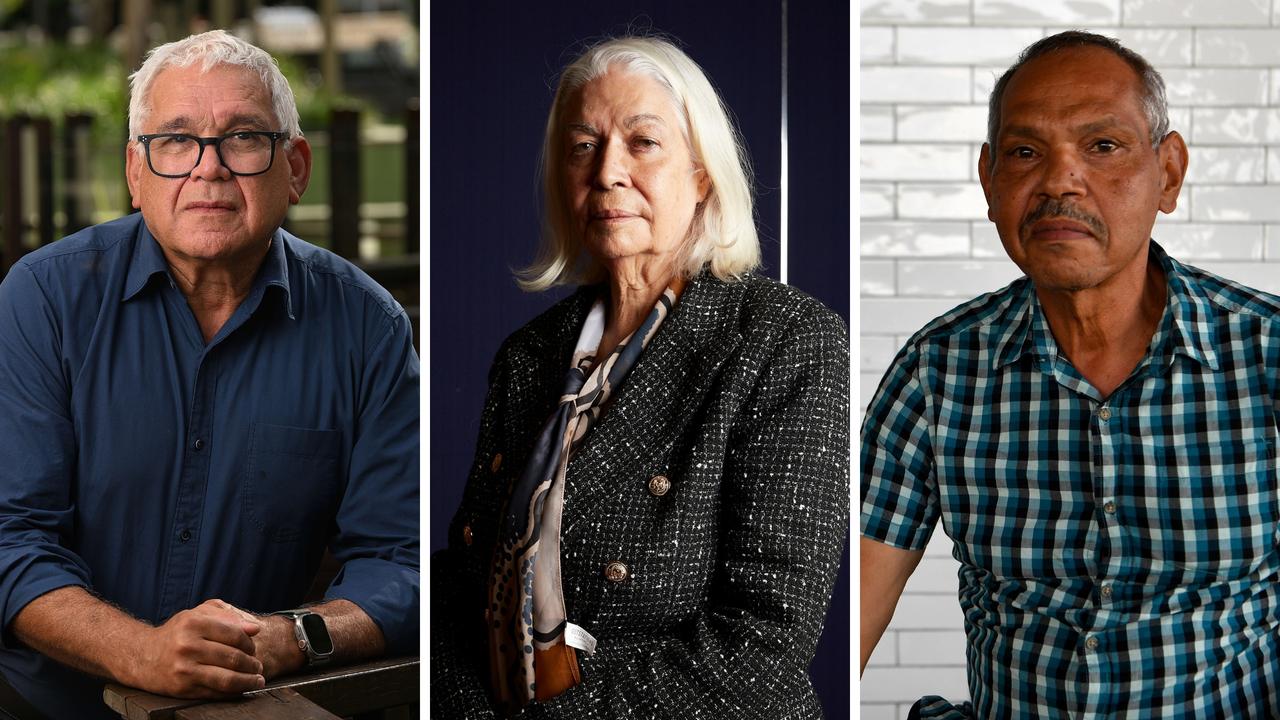
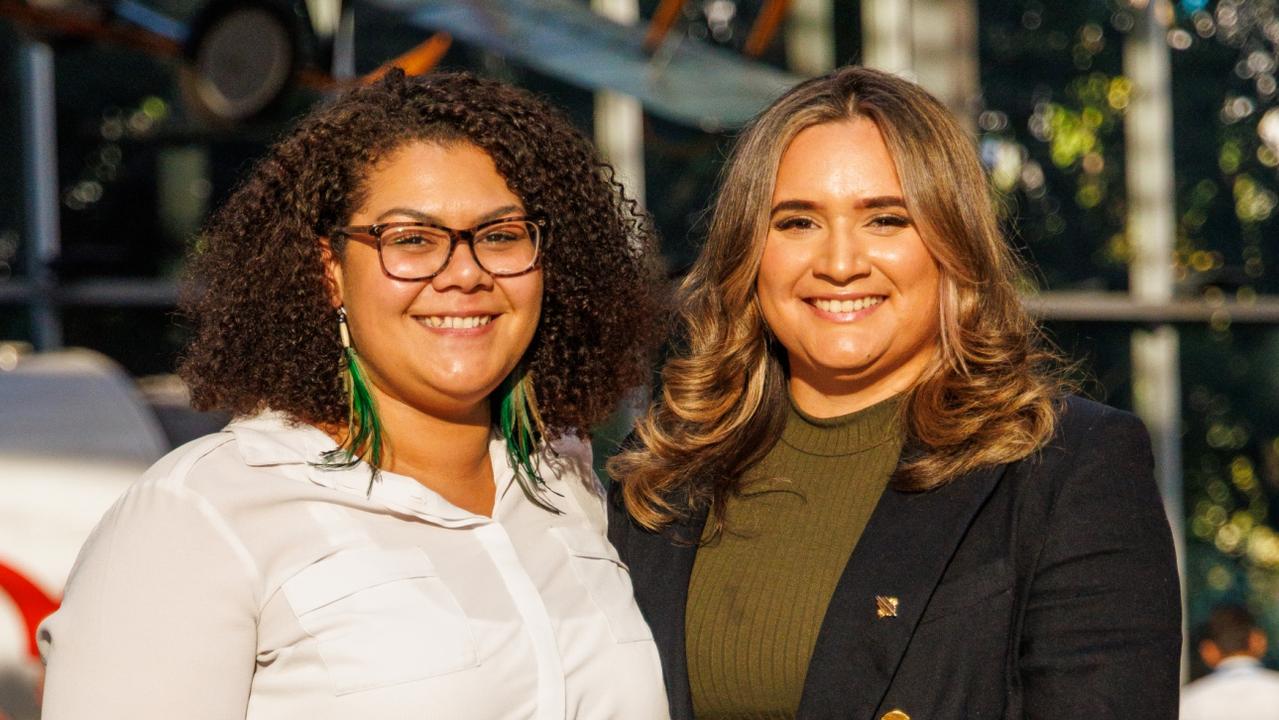
To join the conversation, please log in. Don't have an account? Register
Join the conversation, you are commenting as Logout